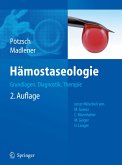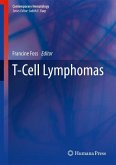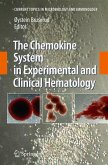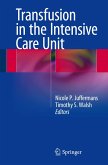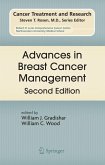Our present knowledge in the fields of both experimental and clinical hematology has rapidly progressed because of the complementary aspect one offers the other. In light of the above, basic research is a prerequisite for both diagnostic and therapeutic advances. Thus it would seem justified to review the pathogenesis of hemoblastoses and the experiences resulting from those animal experiments which are trans ferable to human conditions. The association of Epstein-Barr virus infection with Burkitt's lymphoma appeared to be a model for the viral etiology of human neoplasias, the subject of many decades discussion. Although there is evidence for the correlation, the exact role of the virus in the etiology of the disease still remains to be clarified. In public, attention has been focused on the induc tion of neoplasia by environmental factors. For the hema tologist the induction ofhemoblastoses by immunosuppressive and cytostatic drugs gains increasing significance as a result of the wider use of these agents - not only cytotoxic cancer therapy, but also in treating autoimmune diseases and in managing transplantation problems. Physiology of the human stem cell has been intensively studied, and the presently available in vitro tests are of clinical use and enable greater understanding of pathophysiology, especially that of aplastic anemias and leukemias. Immunologic and biochemical mark ers have been of value in leukemias and malignant lym phomas, both as diagnostic tools and as prognostic parameters.
Hinweis: Dieser Artikel kann nur an eine deutsche Lieferadresse ausgeliefert werden.
Hinweis: Dieser Artikel kann nur an eine deutsche Lieferadresse ausgeliefert werden.


